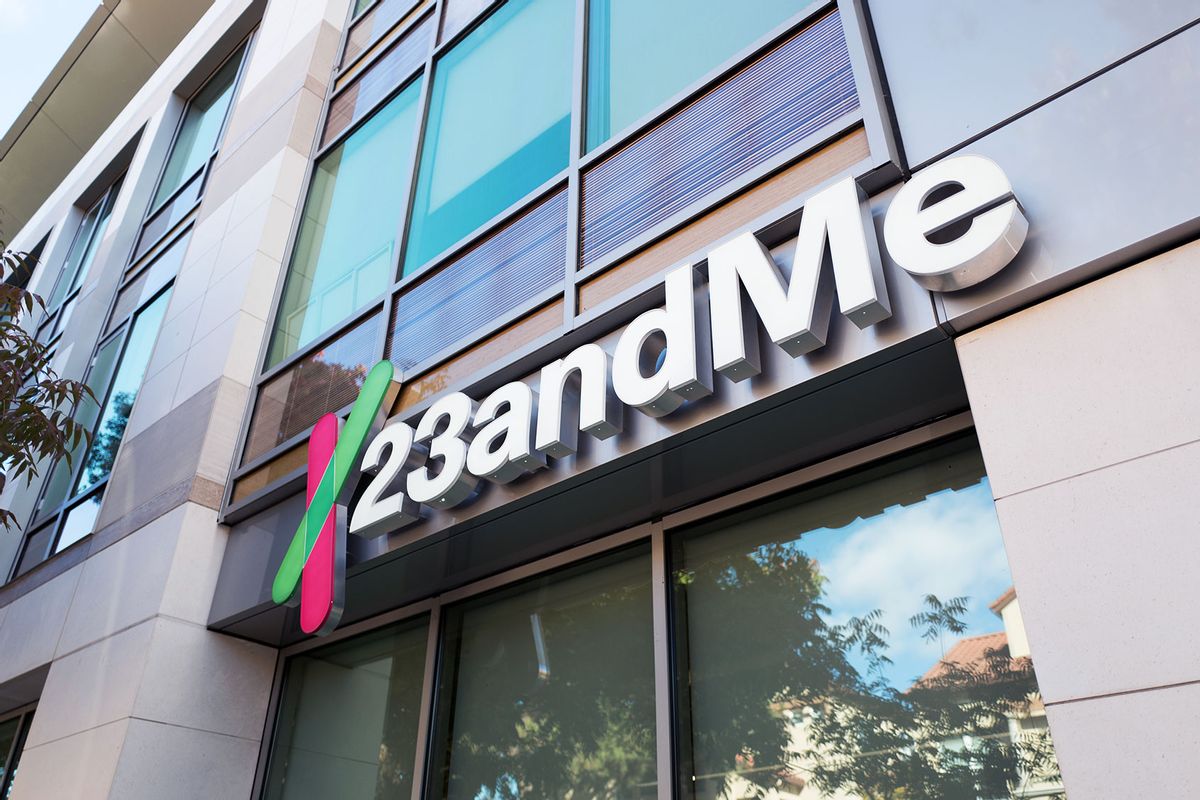
The Genetic Wild West: Who Owns Your DNA and What Happens Next?
We live in a world increasingly defined by data. From our online shopping habits to our social media interactions, companies collect vast amounts of information about us, often with little transparency or control on our part. But perhaps the most sensitive data we can generate – our DNA – presents a unique and unsettling challenge. The recent near-collapse of a major DNA testing company highlights the precarious position we’re in, leaving us to grapple with the largely unanswered questions surrounding the ownership, privacy, and potential misuse of our most intimate biological information.
For years, companies like 23andMe have marketed direct-to-consumer DNA tests as a fun, informative way to learn about our ancestry and predispositions to certain diseases. The alluring simplicity of spitting in a tube and unlocking the secrets of our genetic code has proven irresistible to millions. But beneath the surface of these seemingly benign services lies a complex ethical and legal landscape, one that’s increasingly clouded by the murky realities of data monetization.
The issue isn’t merely about the potential for identity theft, although that’s certainly a concern. The far greater risk lies in the commercialization of our genetic data. While many users readily agree to share their data for research purposes, the extent to which this data is shared, and with whom, remains alarmingly opaque. The terms of service are often lengthy and complex, filled with legal jargon that few people fully understand. This lack of transparency allows companies to sell, license, or otherwise utilize our genetic information in ways we may never know.
This poses a significant threat to individual privacy. Our genetic data holds incredibly sensitive information, revealing not only our predispositions to diseases but also potentially sensitive details about our family history and even our ethnicity. Imagine the potential for discrimination based on this data – insurers denying coverage, employers refusing jobs, or even law enforcement using genetic information to solve crimes, with little regard for individual rights. The potential for misuse extends beyond these examples to include marketing and targeted advertising, with companies leveraging our genetic traits to influence our purchasing decisions.
Furthermore, the very nature of genetic data makes it incredibly difficult to regulate. Unlike other forms of data, our DNA is uniquely identifiable. Even anonymized data can be potentially re-identified, undermining the effectiveness of privacy protections. This makes the potential for misuse all the more frightening. The current legal frameworks are simply not equipped to deal with the complexities of this emerging field. We are in uncharted territory, navigating a landscape where the lines between research, commercial interests, and individual rights are becoming increasingly blurred.
The near-bankruptcy of a major player in this market isn’t just a financial event; it’s a wake-up call. It underscores the urgent need for clearer regulations, stronger privacy protections, and greater transparency in the handling of genetic data. We need robust laws that protect our genetic information from exploitation, ensuring that our intimate biological details remain our own. Until such safeguards are in place, the genetic wild west will continue to be a dangerous place, leaving us vulnerable to exploitation and with little control over the future of our own genetic inheritance. The question isn’t just who wants to buy our DNA; it’s whether we should allow them to, and if so, under what conditions. The time for serious reflection and decisive action is now.



Leave a Reply